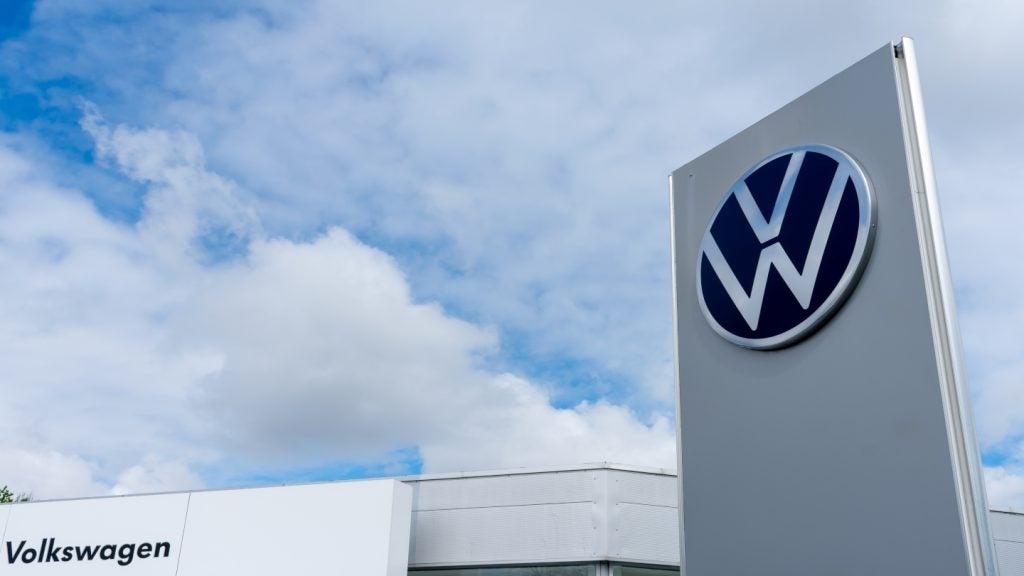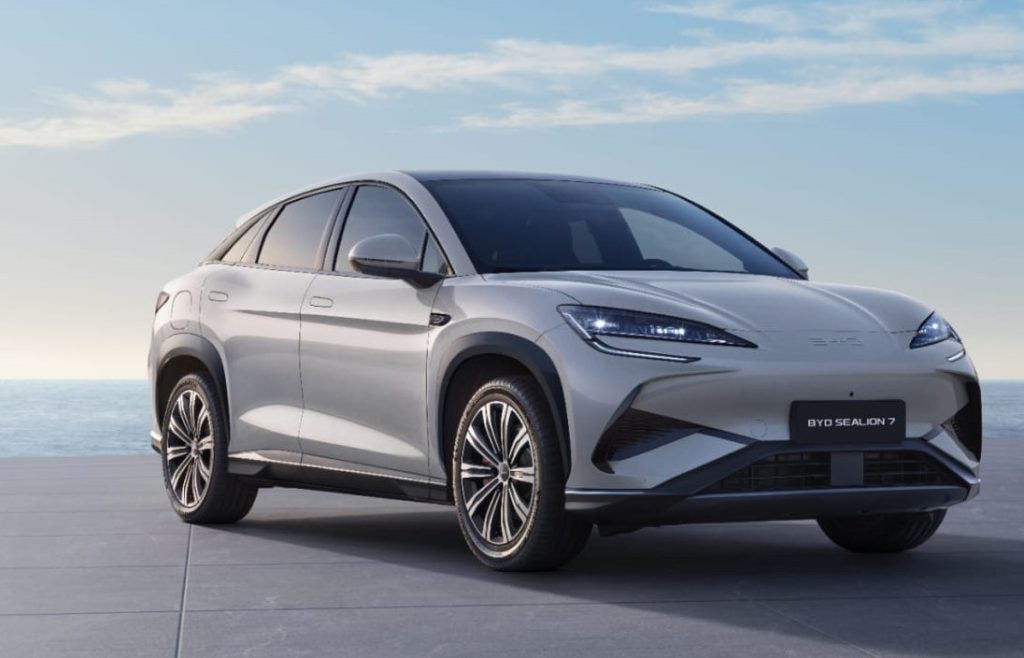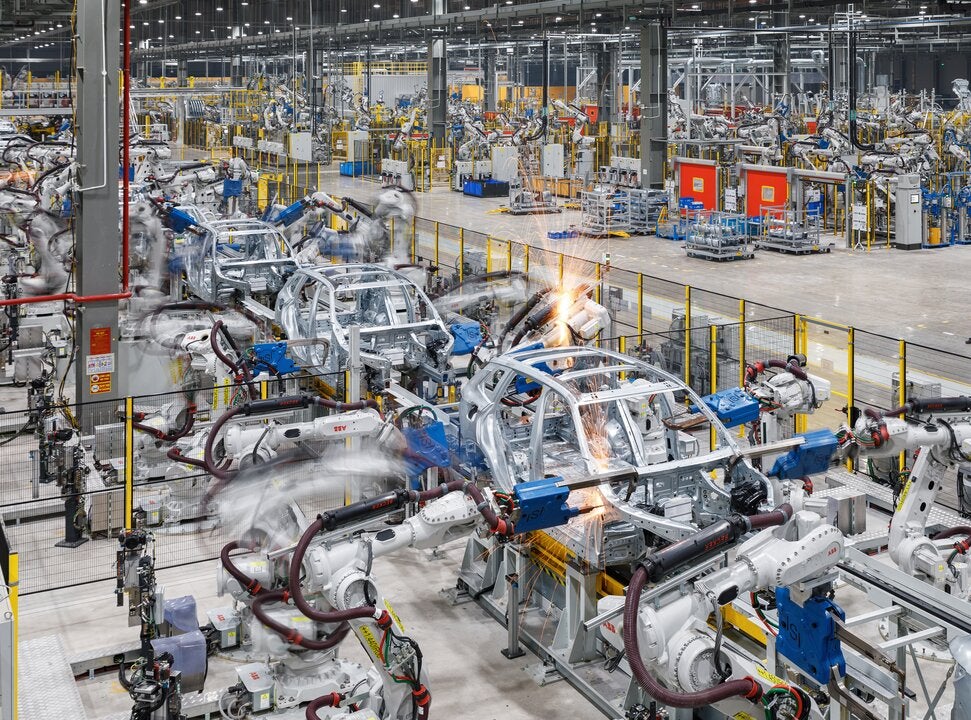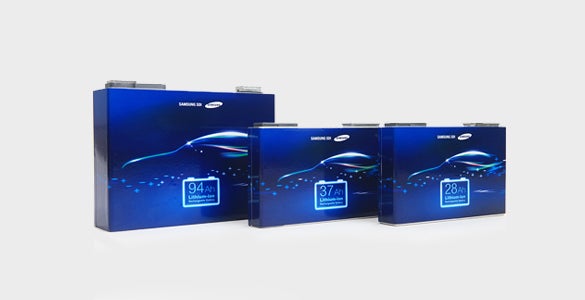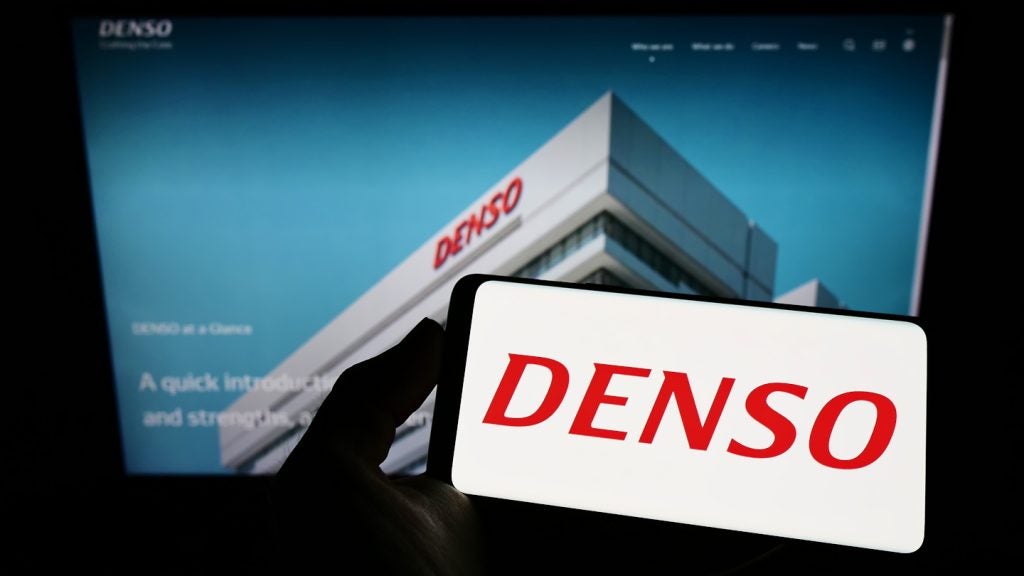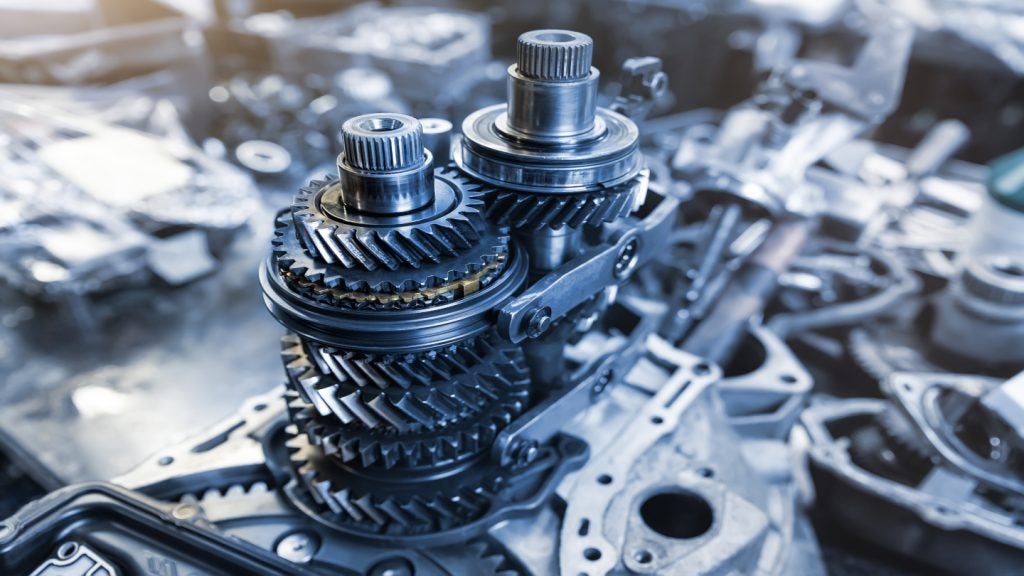Thailand has extended the production timeframe for battery electric vehicles (BEVs) and introduced incentives for hybrid electric vehicles (HEVs).
This move aims to reinvigorate the automotive industry in Southeast Asian country leading automobile hub amid economic challenges and a stagnant domestic market.
The current EV incentive package, which mandates local production to match earlier imports, will see the ratio increase in the coming years.
Manufacturers are currently required to produce one BEV for each vehicle imported. In 2025, this ratio will increase to 1.5 vehicles per imported unit.
To mitigate the risks of oversupply and a potential price war, the government has stated that any unfulfilled production commitments from the previous package will transfer to the new incentive terms under the upcoming EV 3.5 package.
This new package will require manufacturers to produce two vehicles for every imported unit by 2026, with the ratio increasing to three vehicles by 2027.
Board of Investment (BOI) secretary-general Narit Therdsteerasukdi said: “The measures approved today by the EV Board further demonstrate our commitment to electrification of the whole automotive industry and the full support we are providing to manufacturers during the transition.”
A total of 26 manufacturers have applied for participation in the incentive schemes, which are a key part of Thailand’s broader effort to transition to greener technologies.
Additionally, the EV board has approved a revised excise tax reduction for locally produced hybrid electric vehicles (HEVs), and a new category for mild hybrid electric vehicles (MHEVs).
These vehicles will benefit from lower taxes if they meet specific emissions and safety standards, including using key parts produced in Thailand.
To qualify, manufacturers will also need to commit to substantial investments in the country.
These initiatives come as part of Thailand’s broader efforts to support the electrification of its entire automotive sector, which has seen growing investments from Chinese automakers like BYD and Great Wall Motors.
The EV Board's decisions will now be submitted to the Cabinet for final approval.





